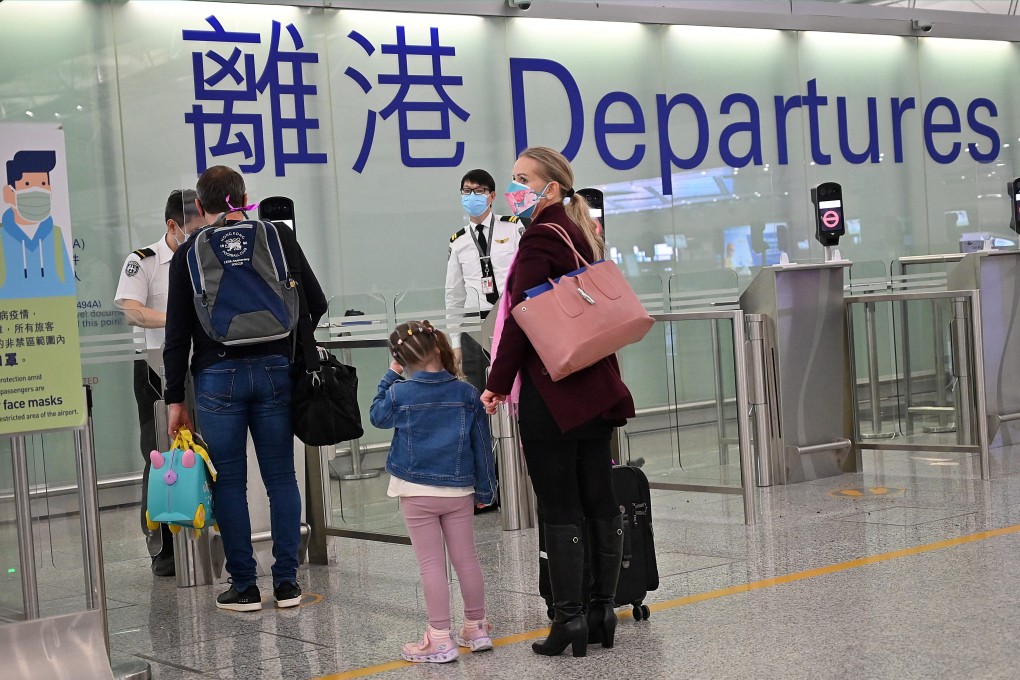Mainland China, Hong Kong or Singapore? Asia’s race for expat talent intensifies as birth rates fall
- Mainland China is competing for foreign talent with Hong Kong, Japan, Singapore, South Korea and Taiwan, all of which face a shrinking workforce
- Beijing shows no sign of lifting its stringent zero-Covid policy, which has prevented many foreigners from returning and is frustrating multinational firms

China’s pandemic controls and tough immigration rules have made it hard to recruit talent to the world’s No 2 economy, but even if the country removes barriers for foreigners, it faces stiff competition from other parts of Asia.
The mainland is competing for foreign expertise with Hong Kong, Japan, Singapore, South Korea and Taiwan, all of which face a shrinking workforce due to low birth rates and ageing populations.
“To tackle the scarcity of talent, countries are rolling out new approaches to attract and retain talent,” said Lancy Chui, senior vice-president at the staffing firm ManpowerGroup Greater China in Hong Kong.
Foreign talent – from nurses to software engineers – is most likely to go where tax rates are “attractive” and immigration rules favourable, Chui said.
Companies should offer salaries, housing allowances and educational aid for children that match local living costs, she said. Authorities can help by simplifying work visas and residency rules.